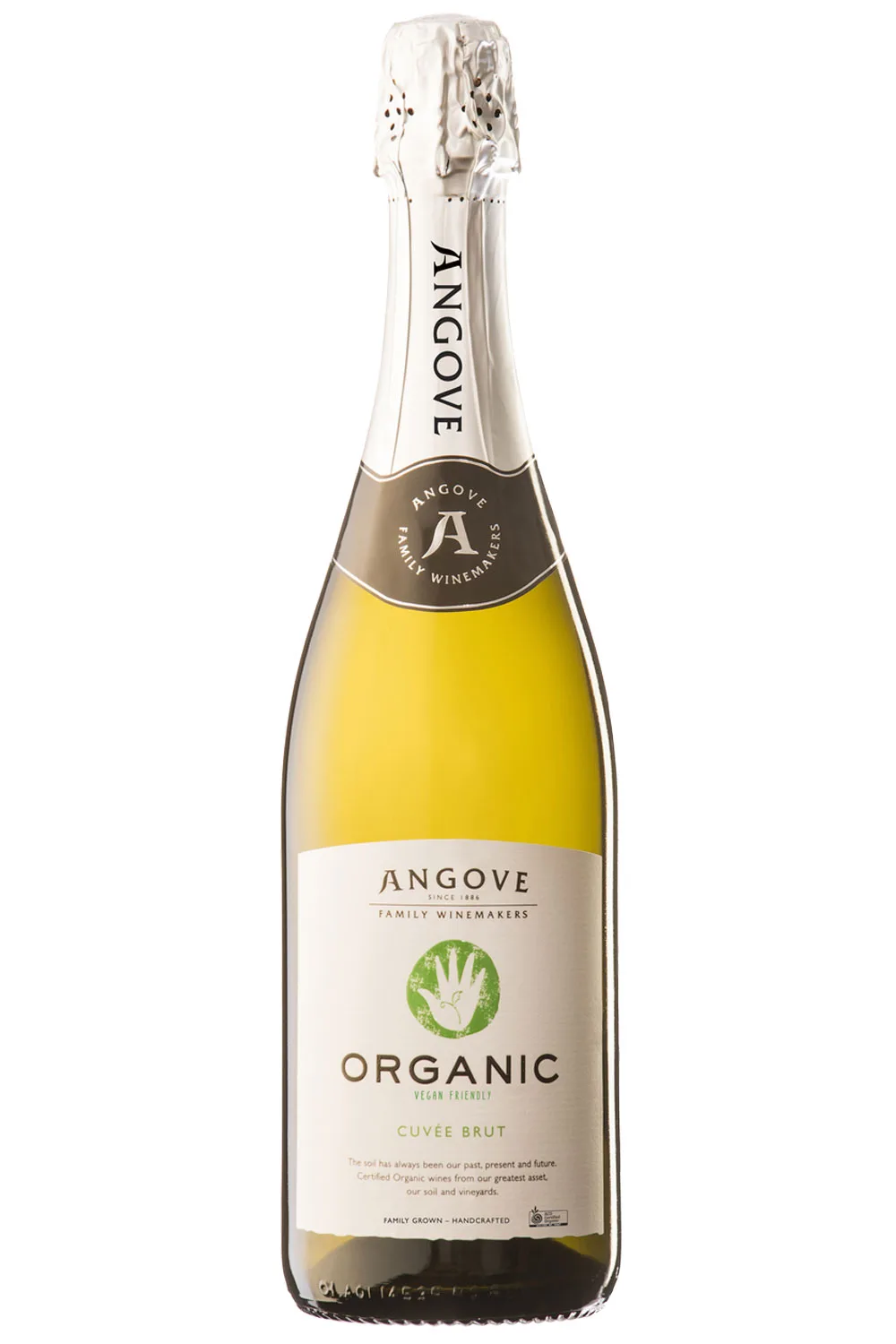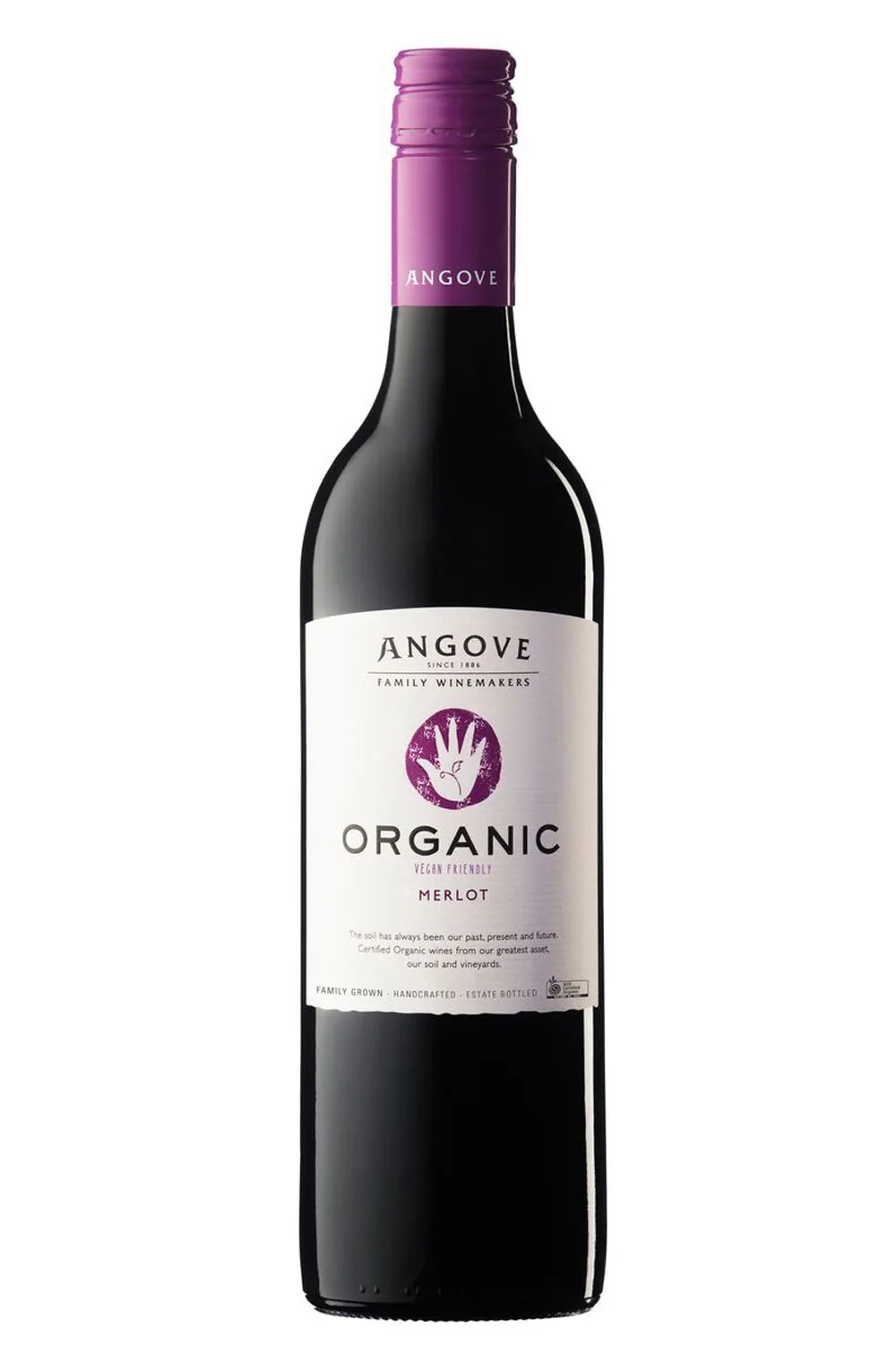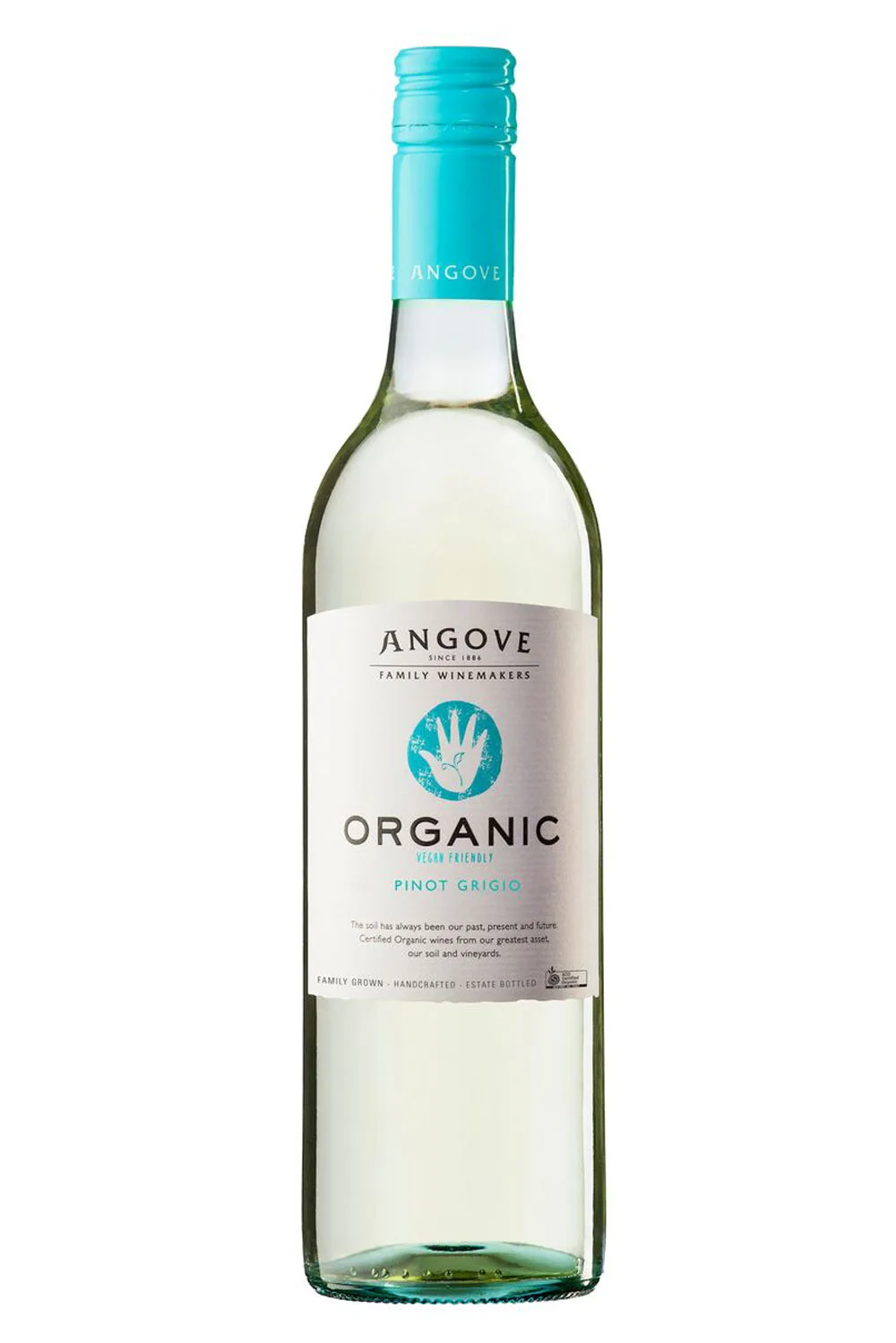We’re careful about the products we buy, choosing organic as much as possible and in almost all facets of everyday life. But that carefully curated list of food, beauty and health items that come under the organic category doesn’t often include our drops of choice. Have you ever considered making the swap to organic wine?
Turns out, going organic not just in your food but in your wine preference can actually have you reaping the benefits. Research published in the Journal of Wine Research found that wine produced from organic sources contains high antioxidants and reservatrol activity (which is a good-for-you substance that health experts believe may fight disease), as much as 30 per cent more than conventional wine varieties.
A paper published in the European Journal of Soil Science highlights the increasing focus of scientists on the link between soil health and human health. Researchers have established the important role soil plays in supplying nutrients for the human diet, purifying water and providing medicines, which may also lead to exposure to pathogens and various chemical species both organic and inorganic such as chemical pesticides and fertilisers, which have both direct and indirect effects on human health.
If you’re still not convinced, the Journal of Wine Economics found that organic wines scored higher than any other wine varieties when tested by consumers, an average of 4.1 points higher. That’s why we wanted to put organic wines to the test, heading to one of Australia’s leading organic wineries: Angove Organic in South Australia’s McClaren Vale region.

Victoria Angove, Joint Managing Director of Angove Family Winemakers and 5th generation winemaker, shared her expert advice with marie claire on the differences between organic, vegan, natural and biodynamic and what the word on your wine label actually means. Victoria says, “with so many people concerned about their individual health and the health of our planet, I’m not surprised that more than 65 percent of Australian’s are choosing to purchase certified organic products in a bid to live healthier lives and use products that do less harm the environment
What’s the difference between organic, vegan, natural and biodynamic?
Deciphering a wine label can be confusing at the best of times which is perhaps why 80% of people tend to choose a bottle with the most attractive label, regardless of its origin or blend. (Guilty!) “Increasingly, amongst millennials, and broader consumers, people are wanting to know about provenance – where their food and beverages have come from and how they have been grown, made or sourced,” Victoria says.
Organic wine: Certified Organic wines are made from grapes which have been grown without the use of artificial or synthetic chemicals, such as herbicides, fungicides and pesticides. “Certified Organic vineyards need to go through a rigorous three-year accreditation process, prior to the grapes being made into organic wine. The winery also needs to be certified.” Victoria says. “A certified organic logo displayed on a bottle gives consumers the confidence that the product they are purchasing is grown organically crafted in a certified organic winery, free from harmful chemicals and pesticides. Organic products are more sustainable and doing the right thing for the planet.”
Vegan wine: According to PETA, the majority of people are unaware that some wines are made using animal-derived products, typically when the liquid is filtered through substances called finding agents, which remove protein, yeast and cloudiness. Some winemakers use animal-derived fining agents, including proteins such as milk, egg whites and isinglass — made from the float bladder of the sturgeon fish. “Our range of Certified Organic wines do not use any animal-based fining products, or tested inputs in making the wine,” says Victoria, whose 130-year-old family-owned company is strongly committed to sustainability. “Angove Organic wines have a sensational balance and fruit concentration and in the vineyards overall biodiversity and vine health is superior to chemically sustained vineyards .”
Natural wine: “There are no ‘rules’, definitions, certifications, or protocols surrounding natural winemaking, it is more of a self-controlled movement.” explains Victoria. “They are not governed by how much sulphur dioxide they put into their wines, in the same way Certified Organic wines are, although many choose not to add any, nor do they even need to be made from organic grapes. The end result is a wine that is left in a so-called ‘natural’ state with minimal interference or additives. Making high quality, enjoyable wines treads a fine line between being artist and scientist. If you prefer a wine that is better for the planet and more sustainable, choose a certified organic brand that you know has had the care and attention.”
Biodynamic wine: “Biodynamics is a holistic, ecological, and ethical approach to farming, gardening, food, and nutrition. Biodynamic winemaking follows the principles of the philosopher Rudolf Steiner and is based on the idea that, for it to reach its full potential, a vineyard needs to be well-balanced and harmonious. Winemaking practices include pruning and harvesting in accordance with the phases of the moon.” It is a large and complex system – the key is having a healthy soil and vineyard microbiome and that carries through to healthy vines and flavour packed grapes that we lovingly turn in to delicious, flavour-packed wines” explains Victoria Angove. The Angove Family Winemakers Warboys Vineyard range is certified organic and biodynamic with rich flavours encompassing the uniqueness of soil, site and season.













